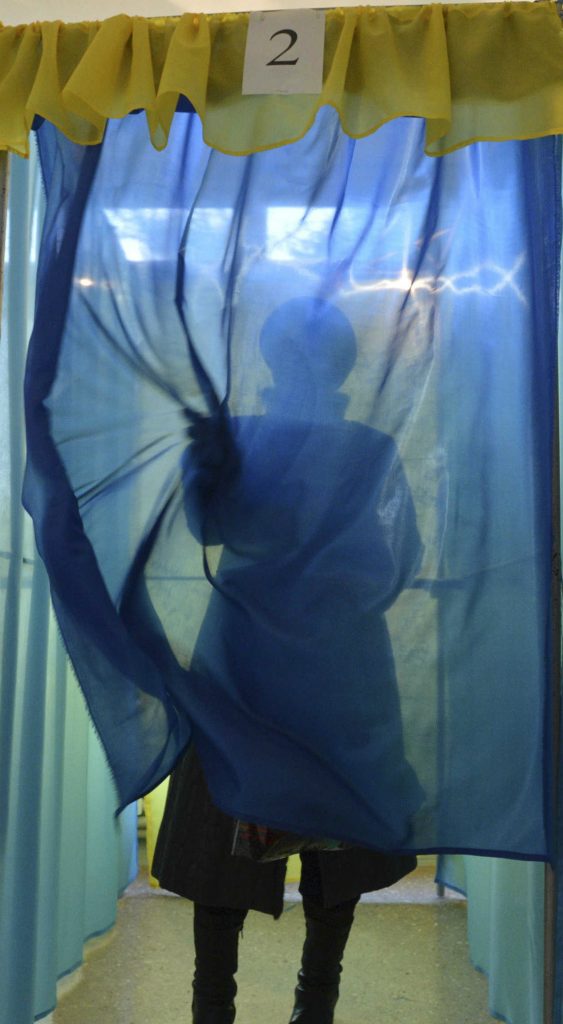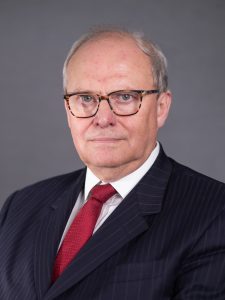On March 4, President Volodymyr Zelenskyy removed the prime minister and a majority of the reform-minded ministers in the government. Their replacements, however, do not have a strong record of reform and civil society and Ukraine’s Western friends worry about the message the reshuffle sends and the direction in which the president wants to take the country. Additionally, following the reshuffle, the yield on short Ukrainian Eurobonds skyrocketed from 3.5 percent a year to 7.75 percent. The Ukrainian hryvnia is now falling, compelling the National Bank of Ukraine to intervene. The international financial market is swiftly closing to Ukraine, as was the case for several years from 2012. The markets were clearly not consoled by the composition of the new Ukrainian government, which remains incomplete and has yet to declare what policies it plans to pursue.
The Atlantic Council’s Eurasia Center team, Ambassador John Herbst, director, Dr. Anders Åslund, senior fellow, Melinda Haring, deputy director, and Adrian Karatnycky, senior fellow, join the panel, with Ambassador Herbst moderating.
spotlight

#FutureUkraine
Ukraine has moved tentatively toward an open society and market economy since independence. The country has held several democratic elections but largely failed to address state control and corruption in its economy. Since the 2014 Maidan Revolution, Ukraine has undertaken significant economic reform and moved decisively toward a Europe-focused foreign policy.
RELATED experts

The Eurasia Center’s mission is to promote policies that strengthen stability, democratic values, and prosperity in Eurasia, from Eastern Europe in the West to the Caucasus, Russia, and Central Asia in the East.






